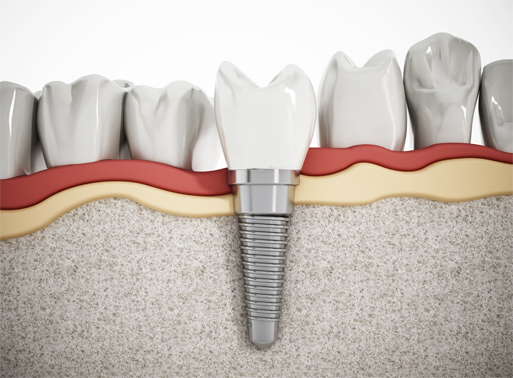Caring for our oral hygiene is highly important to our overall health. While we all do our best, there are habits you may have picked up along the way that may contribute significantly to the deterioration of our overall oral hygiene.
Here are some behaviors that may be worth considering the next time you step into your bathroom.
Toothbrush Storage. How we care for our toothbrush matters – a dirty or splay-bristled toothbrush can introduce unwanted bacteria or hurt your gums while you brush. The best way to care for your brush is to rinse after brushing and allow to air dry on its own.
Toothbrush Cleanliness. Keeping your toothbrush dry and clean is important for your oral hygiene and the longevity of the brush. Packing a wet toothbrush invites a warm, moist environment for bacteria to grow. Overcleaning your brush however will deteriorate the bristles faster, meaning more replacement.
Multitasking. Many of us utilize brushing time to pick out our clothing for the day or wipe the mirror. While this isn’t a bad thing, it may mean you aren’t brushing your teeth properly. Over time, the lack of care will contribute to a buildup of bacteria between your teeth or gums.
Irregular Dental Visits. Its completely understandable why people may be hesitant to visit the dentist; dental anxiety, bad experiences and strange noises can contribute to an uneasy visit. Avoiding the dentist, or having inconsistent visits can escalate what may have been a small issue under regular care.
To schedule an appointment today or learn more about Dream Works Dental and see the beautiful smiles Dr. Sukari McMiller has created, visit us today at www.dreamworksdentalcare.com.
Dr. Sukari McMiller proudly serves patients from Fayetteville and all surrounding areas.




